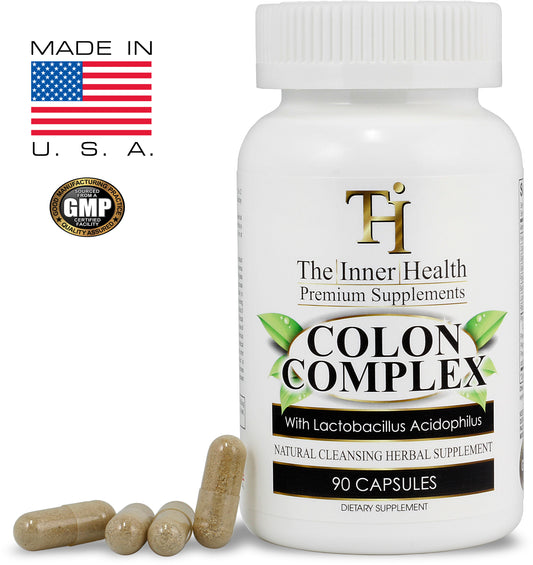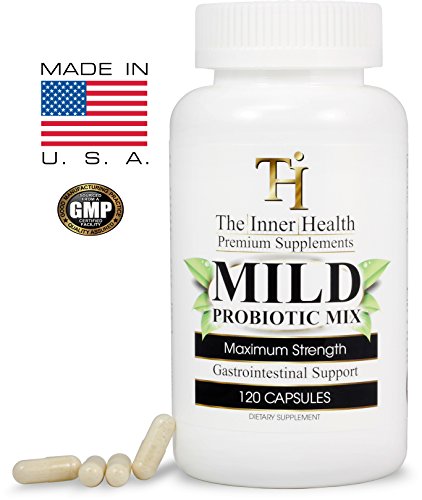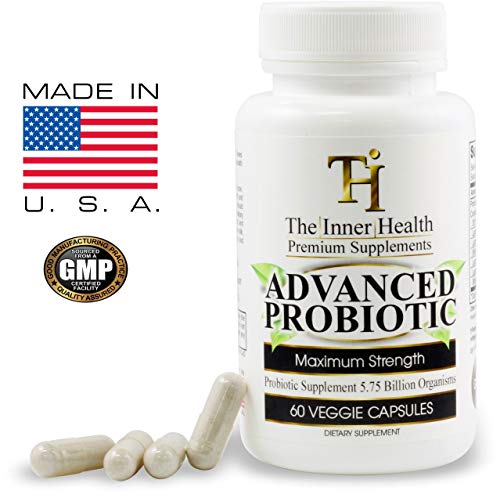What we consume daily profoundly influences our entire body, and the brain is no exception. To function optimally and assimilate a significant amount of new information, our brain requires valuable nutrients. While nuts often receive attention for their brain-boosting properties, this article shifts the focus to seeds, particularly chia seeds.
A Brain-Healthy Diet: The Role of Vitamins and Minerals
A diet beneficial for brain health is one that is rich in vitamins and minerals. The type of food we consume triggers hundreds of mechanisms closely linked to the brain's intellectual functions. Various food components stimulate the production and activity of neurotransmitters, making it crucial to analyze our diet not just before an important exam but as part of our regular routine.
Improving Concentration Through Diet: Key to Success
Neurotransmitters play a crucial role in memory processes and recall of known information. These chemical substances are responsible for transmitting signals between nerve cells and neurons. Without such impulses, efficient thinking, memory retention, and the assimilation of new information would be impossible.
An interesting fact is that the brain consumes up to 25% of our energy, feeds on glucose and oxygen, but this doesn't mean eating sugar enhances its function. The brain needs complex carbohydrates, as they release sugar gradually, allowing the body to utilize it according to its needs.
Chia Seeds: A Superior Brain Food
In times of intense mental exertion, it's beneficial to reach for more than just nuts, lentils, or soy. Chia seeds, labeled as superfoods, are particularly commendable for brain support.
Health Benefits of Chia Seeds
Researchers have analyzed the impact of nutrition on cognitive abilities. Numerous studies have shown that the influence of polyunsaturated fats and other foods like milk, meat, or oils is measurable and yields positive outcomes.
Specifically, omega-3 fatty acids have delivered convincing results in several studies. There's reasonable speculation that an appropriate diet can reduce the risk of Alzheimer's disease and enhance cognitive performance.
Researchers have determined that individuals consuming foods rich in omega-3 fatty acids experienced a smaller decline in verbal intelligence. Furthermore, omega-3 fatty acids play a crucial role in nervous system activity, influencing cognitive development, memory-related learning, and the development of brain synapses.
German researcher Peter Onneken published an analysis in the Journal of Nutrition & Food Sciences, exploring how chia seeds increase cognitive intelligence.
From a pool of 34,600 students, two groups were selected for the study. The participants had an average age of 21.3 years, and 96% were women. A high proportion of women was intentional, as this gender shows a higher incidence of Alzheimer's disease.
None of the participants suffered from allergies, hypertension, or were on blood-thinning medication. One individual reported chronic illness. Subsequently, the participants were divided into two groups: intervention and control. The intervention group consumed 5g of chia seeds daily for 21 days, while the control group made no changes to their diet.
Afterward, a memory test was conducted. The control group, which did not change its diet, could remember an average of only 5.4 terms. In contrast, the intervention group, consuming chia seeds, remembered an average of 6.6 terms. This meant that the intervention group forgot only 16.5% of the remembered terms, while the control group forgot nearly twice as much, at 29%.
The study also tested the intelligence levels of the groups. Students were tasked with assembling a 111-piece airplane model. The initial assembly during the first tests took an average of 41 minutes and 41 seconds. Both groups finished nearly simultaneously, with only a few minutes' difference.
It's assumed that both groups improved their results due to the effect of repeatability. However, the intervention group achieved significantly better results than the control group, assembling the airplane on average 14 minutes and 59 seconds faster.
According to the authors, the fundamental hypothesis was confirmed that an appropriate diet positively impacts cognitive abilities. This was proven not only by two tests of high significance but also by a memory task, indicating that consuming chia seeds can positively affect memory abilities. The authors were particularly surprised by the significant differences in learning progress.
Source: Journal of Nutrition & Food Sciences, "Salvia hispanica L (Chia Seeds) as Brain Superfood: How Seeds Increase Intelligence"





